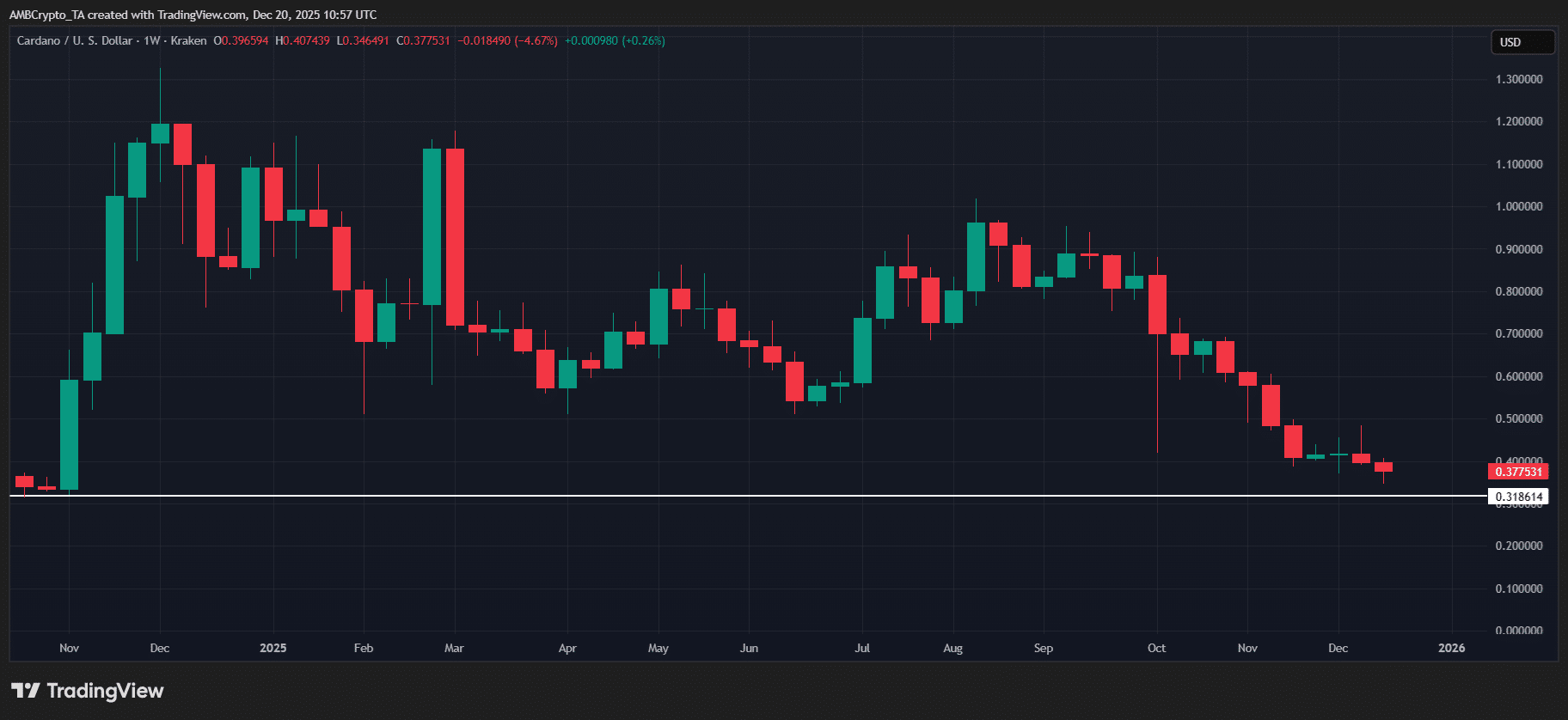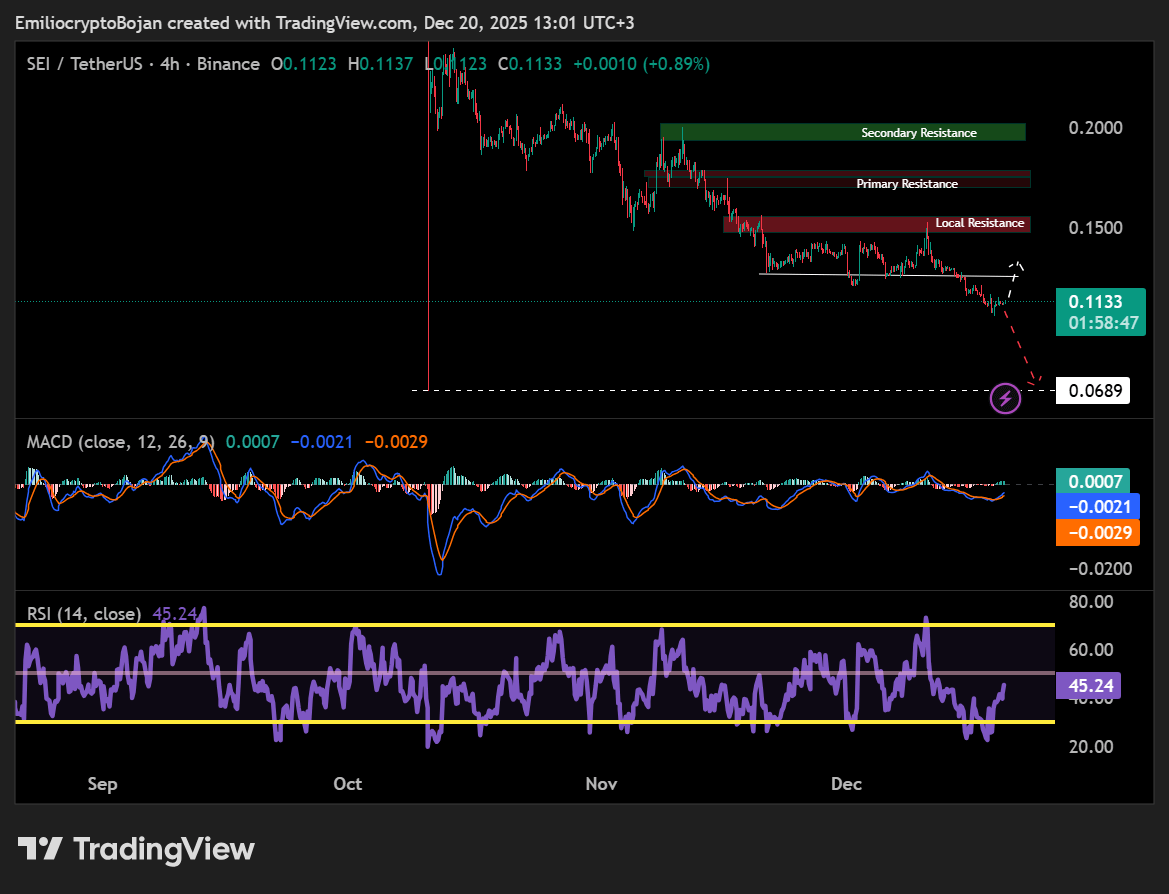The world of digital assets, often characterized by its rapid innovation and decentralized ethos, has once again found itself at the crossroads of traditional legal frameworks. A recent groundbreaking development has sent ripples through the crypto community: a U.S. appeals court has sensationally overturned the fraud conviction of Nathaniel Chastain, a former product manager at the prominent NFT marketplace, OpenSea. This decision, initially hailed by prosecutors as the first-ever crypto insider trading case involving digital assets, marks a pivotal moment, raising profound questions about how existing laws apply to the unique nature of cryptocurrencies and NFTs.
What Led to the Original Crypto Insider Trading Conviction?
To fully grasp the significance of this reversal, it is essential to revisit the circumstances that led to Nathaniel Chastain’s initial conviction. Chastain, in his capacity as a product manager at OpenSea, possessed privileged information regarding which NFTs (Non-Fungible Tokens) would be featured on the platform’s homepage. This insider knowledge was crucial because a homepage feature typically led to a significant surge in an NFT’s value and demand.
Prosecutors accused Chastain of exploiting this confidential information for personal gain. The core of the accusation was that he would secretly purchase NFTs just before they were publicly promoted by OpenSea. Once these NFTs gained prominence and their value inflated due to the increased visibility, he would then sell them for a substantial profit. This practice, often referred to as ‘front-running’ in traditional finance, was deemed by the U.S. Attorney’s Office for the Southern District of New York as the first-ever crypto insider trading case. Chastain was subsequently convicted in May 2023 on charges of wire fraud and money laundering, a verdict that was seen by many as a significant step towards regulating the nascent digital asset space.
The case garnered considerable attention, not just for its novelty in the crypto sphere but also for the broader implications it carried for market integrity within decentralized ecosystems. It highlighted the challenges of applying existing securities and fraud laws to digital assets, which often operate outside conventional financial regulations.
The Appeals Court Decision: A Closer Look at the Reversal
The U.S. appeals court, specifically the 2nd U.S. Circuit Court of Appeals in New York, delivered a pivotal ruling that overturned Chastain’s conviction. While the specifics of the court’s reasoning are critical, such reversals often hinge on interpretations of existing statutes and whether the actions in question truly fit the legal definitions of the crimes charged. In cases involving novel assets like NFTs, traditional legal definitions of ‘property’ or ‘confidential information’ can be complex and subject to varying interpretations.
For instance, the appeals court might have questioned whether the confidential information Chastain allegedly used constituted ‘property’ under the wire fraud statute in the way traditional corporate secrets or financial data would. Another potential angle could be the absence of a clear fiduciary duty owed by Chastain to OpenSea users or the broader market, which is often a cornerstone of traditional insider trading prosecutions. It is crucial to understand that an overturned conviction does not necessarily mean the defendant is innocent of the alleged actions, but rather that the prosecution failed to prove guilt beyond a reasonable doubt under the specific legal framework applied, or that the law itself was misapplied to the facts of the case.
This decision, reported by Aggr News on X, citing Reuters, underscores the ongoing struggle of traditional legal systems to adequately define and regulate activities within the rapidly evolving digital asset landscape. It signals that simply analogizing crypto activities to traditional finance might not always hold up under judicial scrutiny, especially when existing laws were not drafted with digital assets in mind.
What Does This Mean for Future Crypto Insider Trading Cases?
The overturning of Nathaniel Chastain’s conviction has profound implications for how future crypto insider trading cases might be prosecuted and perceived. Here are some key takeaways:
- Challenges for Prosecutors: This ruling creates a significant hurdle for prosecutors attempting to bring similar cases. It highlights the ambiguity in applying existing fraud statutes to the unique characteristics of digital assets and the information surrounding them.
- Need for Specific Legislation: The decision reinforces the urgent need for clear, specific legislation tailored to digital assets. Without such laws, prosecuting illicit activities like insider trading in the crypto space will remain a complex and often unsuccessful endeavor.
- Uncertainty for Market Participants: For individuals and entities operating within the crypto market, this ruling might foster a sense of uncertainty regarding what constitutes illegal behavior. The lack of clear boundaries can inadvertently create an environment where bad actors might feel less constrained.
- Regulatory Scrutiny Intensifies: While a setback for prosecutors, this could accelerate efforts by regulatory bodies like the SEC and CFTC, as well as Congress, to develop comprehensive regulatory frameworks. The ruling might be seen as a clear signal that the existing legal toolkit is insufficient.
- Impact on Precedent: While not setting a definitive precedent for all future cases (as each case has unique facts), it certainly provides a strong reference point for defense attorneys challenging similar charges.
The digital asset space continues to grow, and with it, the potential for market manipulation and unfair practices. This ruling does not diminish the ethical concerns surrounding insider trading but rather highlights the legal complexities of proving it in a decentralized and novel market.
Navigating the Evolving Landscape of Digital Asset Regulation
The Chastain case is a microcosm of the larger regulatory challenge facing governments worldwide. The rapid innovation in blockchain technology and digital assets has consistently outpaced the ability of legal frameworks to adapt. Regulators are grappling with fundamental questions:
- Classification of Digital Assets: Are NFTs securities, commodities, or unique forms of digital property? The answer profoundly impacts which laws apply.
- Jurisdictional Challenges: Given the global and borderless nature of cryptocurrencies, enforcing regulations across different jurisdictions is incredibly difficult.
- Balancing Innovation and Protection: Regulators aim to protect investors and market integrity without stifling technological innovation. This delicate balance is hard to achieve.
The overturning of the crypto insider trading conviction serves as a stark reminder that a piecemeal approach to regulation may not be effective. There is a growing consensus that comprehensive and well-thought-out legislation is required to provide clarity for market participants and empower regulators to effectively combat illicit activities.
Several countries and international bodies are exploring various regulatory models, from outright bans to embracing digital assets with clear regulatory sandboxes. The U.S. remains a key player in this discussion, and cases like Chastain’s significantly influence the direction of future policy.
Actionable Insights for the Crypto Community
While the legal landscape remains fluid, the Chastain ruling offers several actionable insights for various stakeholders in the crypto community:
- For Crypto Platforms and Marketplaces: It is paramount to strengthen internal policies regarding confidential information and employee conduct. Implementing robust ethical guidelines, clear communication protocols, and strict monitoring can mitigate risks. Even if not legally mandated by current statutes, fostering a culture of transparency and fairness is crucial for long-term trust and sustainability.
- For Investors and Traders: Understand that the regulatory environment is still developing. While this ruling might seem to suggest a lack of oversight, it does not imply that all forms of market manipulation are permissible. Always conduct thorough due diligence and be aware of the inherent risks in a less-regulated market.
- For Policymakers and Regulators: The case is a clear call to action. Expediting the development of clear, comprehensive, and enforceable digital asset legislation is essential. This includes defining key terms, establishing clear jurisdictional boundaries, and outlining prohibited activities specifically for the crypto space.
- For Legal Professionals: The ruling underscores the need for specialized expertise in both traditional law and blockchain technology. Legal strategies for digital asset cases must be innovative and adaptable to the unique characteristics of this emerging field.
Ultimately, the goal for all participants should be to foster a secure, transparent, and fair digital asset ecosystem that can thrive while protecting all stakeholders.
Conclusion
The overturning of the former OpenSea manager’s conviction for crypto insider trading is more than just a legal footnote; it is a powerful indicator of the challenges inherent in applying traditional laws to the rapidly evolving world of digital assets. While the initial conviction was seen as a landmark step towards accountability in the crypto space, its reversal highlights the pressing need for bespoke regulatory frameworks that can adequately address the unique characteristics and complexities of cryptocurrencies and NFTs.
This decision will undoubtedly shape future legal battles and regulatory discussions, pushing lawmakers to accelerate efforts to bring clarity and order to this innovative yet often unpredictable market. For the crypto community, it serves as a crucial reminder that while the technology may be decentralized, the pursuit of justice and market integrity remains a central tenet, requiring continuous adaptation from both the industry and legal systems.
Frequently Asked Questions (FAQs)
1. Who is Nathaniel Chastain?
Nathaniel Chastain is a former product manager at OpenSea, one of the largest NFT marketplaces. He was at the center of what prosecutors called the first-ever crypto insider trading case involving digital assets.
2. What was Nathaniel Chastain originally convicted of?
Chastain was convicted in May 2023 of wire fraud and money laundering. Prosecutors alleged he used confidential information about NFTs to be featured on OpenSea’s homepage to secretly purchase and then sell those NFTs for profit.
3. Why was his conviction overturned by the appeals court?
The U.S. appeals court overturned his conviction, likely based on a legal interpretation of whether the confidential information he used constituted ‘property’ under the specific fraud statutes applied, or whether he owed a traditional fiduciary duty that would make his actions criminal under those laws. The ruling implies the prosecution did not sufficiently prove the elements of the crime under existing statutes as they apply to digital assets.
4. What are the broader implications of this ruling for crypto insider trading?
This ruling highlights the challenges prosecutors face in applying existing laws to digital assets. It underscores the urgent need for specific, tailored legislation to define and prosecute illicit activities like insider trading in the crypto space, creating uncertainty for market participants and increasing pressure on regulators to act.
5. Does this mean insider trading is now legal in crypto?
No, this ruling does not legalize insider trading in crypto. It simply means that, in this specific case, the prosecution’s use of existing statutes to secure a conviction was found to be legally insufficient by the appeals court. It emphasizes the current lack of clear, crypto-specific laws rather than condoning such behavior.
Did you find this article insightful? Share it with your network to spread awareness about the evolving legal landscape of digital assets!
To learn more about the latest crypto market trends, explore our article on key developments shaping digital assets regulatory frameworks .


